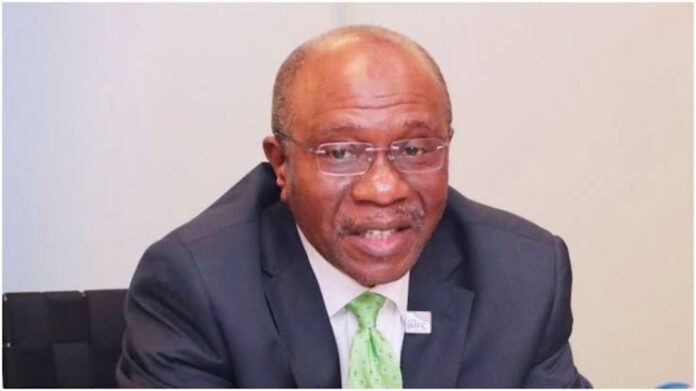By Ibrahim Danladi
The Nigerian stock market experienced a remarkable surge on Tuesday, reaching its highest level since July 2008, the first day of trading following the suspension of Central Bank Governor Godwin Emefiele.
Investors, speculating on a potential currency devaluation, propelled the main index of the Nigerian Exchange above 57,437 points, contrasting with the flat performance of MSCI’s main emerging equity benchmark, as reported by Bloomberg. This development brings the year-to-date gains of the country’s stocks to 11.8%, nearly doubling the six percent return on the MSCI index.
The rally, which followed increased gains in Nigerian dollar bonds on Monday, reflects optimism regarding the policy signals from newly elected President Bola Tinubu. Investors are hopeful for positive changes in the economy under his leadership. Tajudeen Ibrahim, Head of Research at Chapel Hill Denham, stated, “An improvement in the economy will enhance the performance of companies operating in the market.”
Since assuming office, President Tinubu has made significant policy moves, such as the removal of fuel subsidies and the recent suspension of the Central Bank governor, Godwin Emefiele. In response, the NGX Banking Index has experienced a significant increase of 8.5%, reaching 570.64, marking its most substantial advance in over eight years.
Ibrahim further explained, “The exchange rate convergence is expected to lead to an improvement in liquidity in the foreign currency market and will increase trading activities for the banks.”
Meanwhile, there is mounting pressure on the Nigerian naira to depreciate further towards its market value. The currency has already fallen to 474 naira per dollar, with traders anticipating additional depreciation in the near future.

